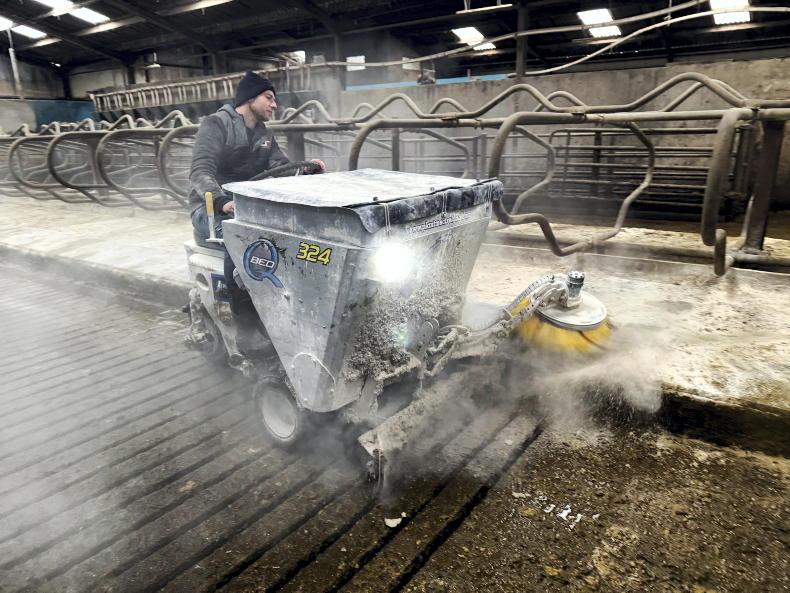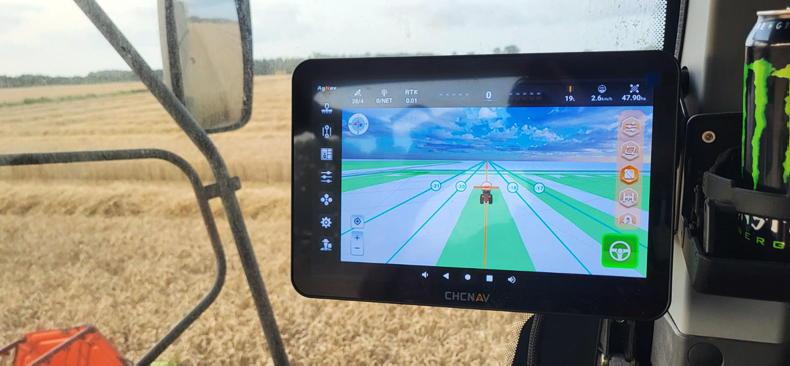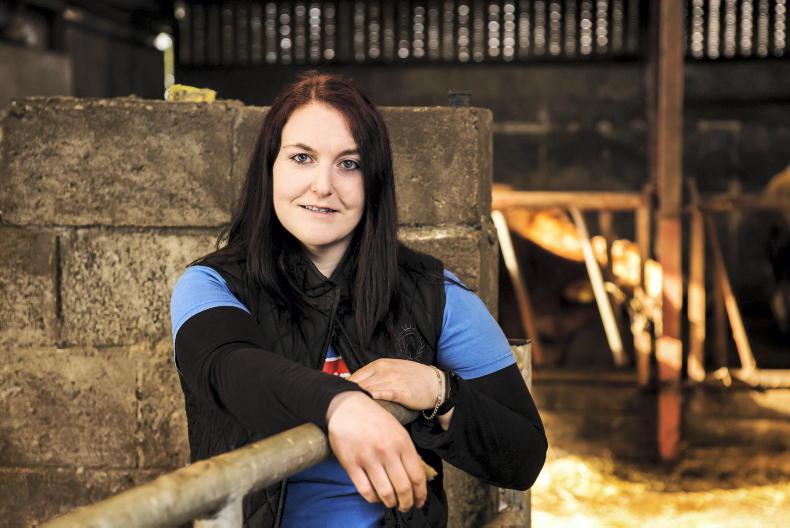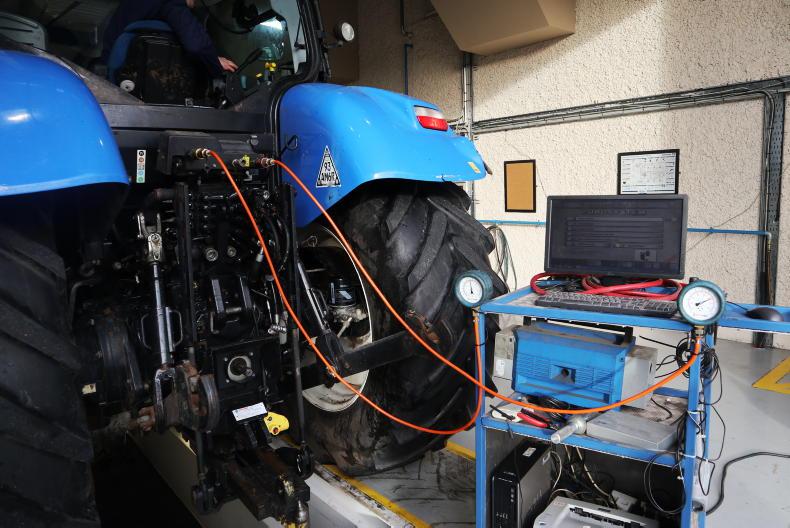The Irish Farmers Journal understands that over the past few weeks, several Irish machinery dealers have faced issues around fraudulent payment transactions.
This situation is not something new and different versions of such scams have been going on for the past few years. Unfortunately, there has been a growing number of cases of farm machinery dealers falling victim to payment scams in relation to sales of machinery. The Irish Farmers Journal understands that these sales were generally based on responses to online ads, with the fraudulent buyers not previously known to the dealers.
The scammers vary in their methods. The most recent attempt saw a prospective customer from Northern Ireland phoning a midlands dealer last Thursday, enquiring and subsequently buying a slurry agitator over the phone that was advertised online. The sales rep took their details and issued an invoice to a Gmail address. The customer agreed to transfer the money for the machine immediately.
That evening, the customer sent a copy of their falsified HSBC bank statement purportedly showing the transfer of funds. However, the funds had not yet reached the member firm’s bank account. On Friday morning, the customer phoned to say that they were coming to collect the machine. Fortunately, the seller checked again and saw that no funds had come through to their bank and stated the machine could not be collected until funds had arrived.
The customer called again Friday evening, trying to collect the machine and was quite pushy. They called twice on Saturday, but fortunately the sales rep had advised all staff in the business not to release the machine until funds had arrived in the account.
The customer tried one last time Monday morning and was again advised that no funds had arrived, and that the machine would not be released until funds were present. They have not called since.
Other active scams
Other active scams see the fraudsters agree to a price, make payment via credit card with the details taken over the phone, and have delivery arranged via a courier. In some cases, when the courier contacted the buyer to arrange the delivery, they were told to deliver it to a different derelict address or, in other cases, the buyer sent their own courier to collect the goods at the dealer’s premises.
According to the dealers, who wish to remain anonymous, the problem arises within a few weeks of the transaction – when the payment services provider notifies the dealer that the payment has been refused, as it was a fraudulent transaction. The full amount is to be charged back to the dealer, who is left out of pocket.
Last year, one dealer in Munster encountered a similar situation in the run-up to Christmas. Having agreed on a price, the scammers called shortly afterwards in a panic, requiring delivery of the machine immediately.
The machine was paid for over the phone via credit card and the customer sent a courier to collect it. When the courier arrived, a man wearing a mask with his hood up told the driver he had Covid-19 and to stay well back. The payment was declined a few weeks later, with the dealer incurring a loss of €7,500 as a result.









SHARING OPTIONS